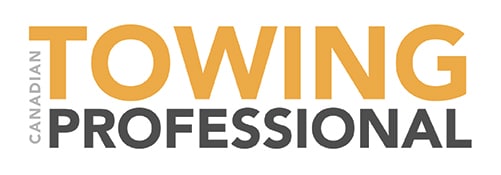COLUMBUS, Ohio–(BUSINESS WIRE)–A breakthrough Battelle technology for converting coal-derived liquids and biomass-derived feedstocks into polyurethane (PU) foam was named a winner in the 2022 R&D 100 Awards in the Processes/Prototyping category.
In addition to the Battelle award, the national laboratories where Battelle plays a management and operations role combined for 23 awards and six special mentions. Known as the “Oscars of Innovation,” the annual awards program from R&D World recognizes excellence in science and technology innovation with an emphasis on commercial-ready products, technologies and services that are expected to have an outsized impact.
The coal-to-polyurethane technology represents the ninth Battelle R&D 100 win for Satya Chauhan, the principal investigator and co-inventor of the technology. It is the third R&D award for Battelle Materials Scientists Dan Garbark and Jeff Cafmeyer, who collaborated with Chauhan to lead the characterization work for the foam (Garbark is also a co-inventor). Battelle Technician Mark Davis was the process scale-up lead for the project. Two patents related to the work were issued this year and a third is pending.
The applications for a more environmentally friendly PU foam are enormous, as they are widely used throughout the building, furniture, aerospace and automotive industries for hundreds of uses ranging from insulation to couch cushions. The annual market for these foams is roughly $80 billion. Currently, the vast majority of PU foams are made from polyols derived from petroleum oil. The new technology combines coal-derived liquids and biomass-derived feedstocks to create the polyols.
“Petroleum sources are limited,” Chauhan said. “This is an opportunity for industry to reduce dependence on oil, especially imported oil, and reduce the carbon footprint for PU foam.”
Coal-derived liquids are considerably cheaper than petroleum, resulting in significant cost savings for industries using PU foam. The resulting foam is more rigid due to the aromatics in coal, which is an additional benefit for many applications. Because the carbon is fixed in a long-lasting product instead of burned, the process does not add carbon to the atmosphere. It is also possible to use liquid coal byproducts from coke ovens (used in steel manufacturing), converting a waste product into a high-value commodity. The current process replaces up to 75 percent of petroleum-based polyols with a combination of coal- and biomass-derived polyols.
About Battelle
Every day, the people of Battelle apply science and technology to solving what matters most. At major technology centers and national laboratories around the world, Battelle conducts research and development, designs and manufactures products, and delivers critical services for government and commercial customers. Headquartered in Columbus, Ohio since its founding in 1929, Battelle serves the national security, health and life sciences, and energy and environmental industries. For more information, visit www.battelle.org.
Contacts
Katy Delaney
(614) 424-7208
delaneyk@battelle.org
T.R. Massey
(614) 424-5544
masseytr@battelle.org




















